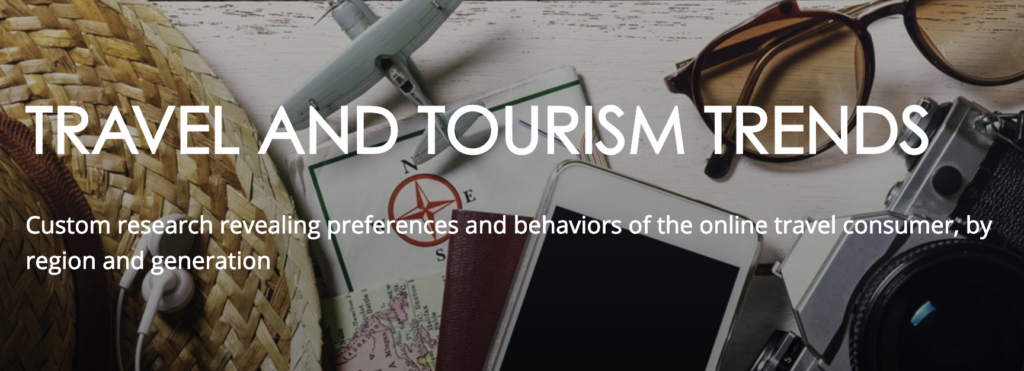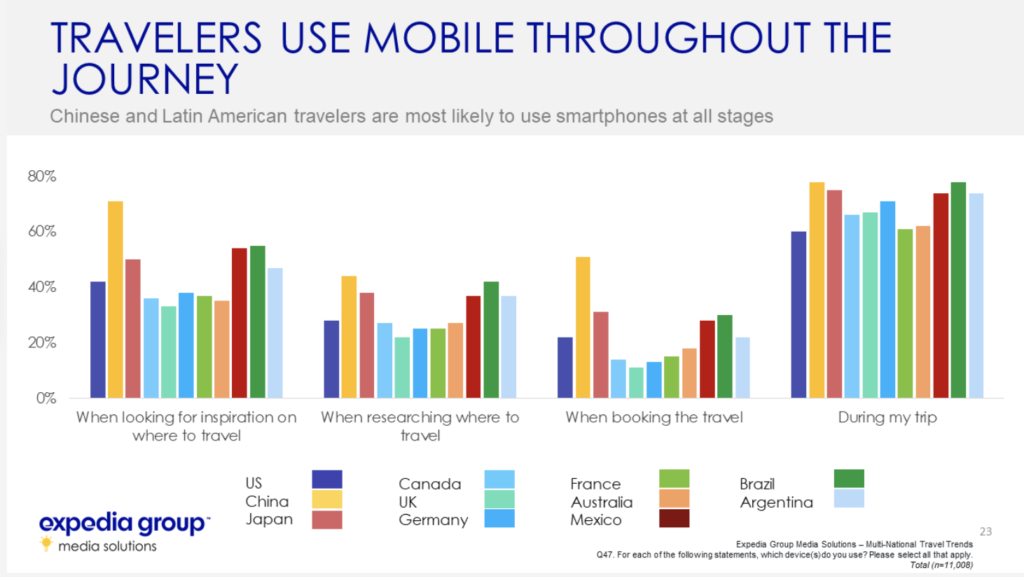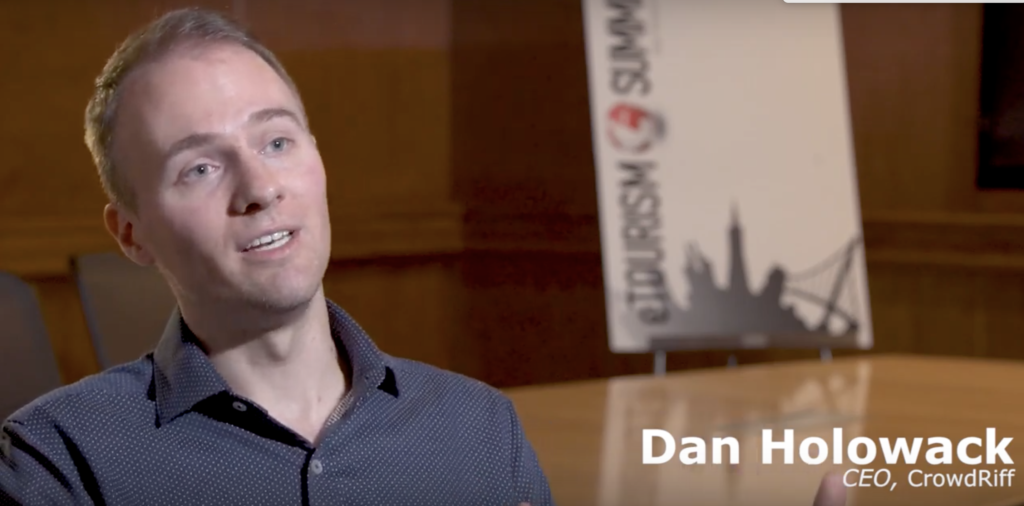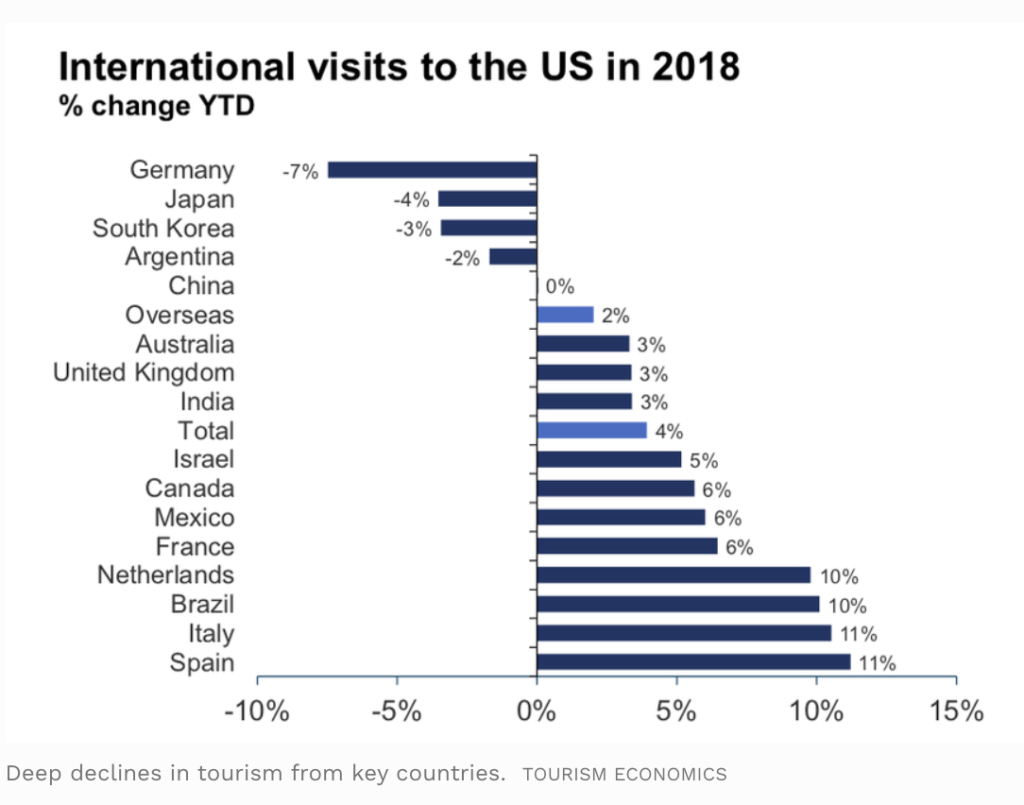
LinkedIn is kinda fascinating sometimes, y’know?
Next time you see Andrew Wilson—who is more than a decade in his role as EVP and CMO at the Atlanta CVB—you may want to ask how a degree in Chemical Engineering from the University of Cape Town in South Africa led him to where he is today. We neglected to ask.
Andrew is on the Advisory Board of eTourism Summit and we’re pleased he has shared thoughtful responses (“I wrote those?” he kidded) to our favorite six questions.
P.S. The emoji further down is Andrew’s touch.
Thought Leaders See Tomorrow

Q: Digitally-speaking, what keeps you up at night?
A: I sleep well, but if I didn’t, it would be the stress of managing the probability that several of the infinite permutations that true personalization can generate will upset someone because we can’t anticipate all possible outcomes.

Q: What will the successful DMO model look like in five years? What are its main differences to the current model?
A: We have to depart from a membership biased structure and place the visitor audience truly at the top of the pyramid. Of course, the visitor audience has many faces and thus we need to cater to multiple needs.
Q: Where will DMOs be able to add value? And especially, how can we create trust and deliver on it?
A: Truly understanding the product they offer and how to best match this against their audience. Old is new again – through consumer understanding and aligning product to the appropriate consumer need will build trust.
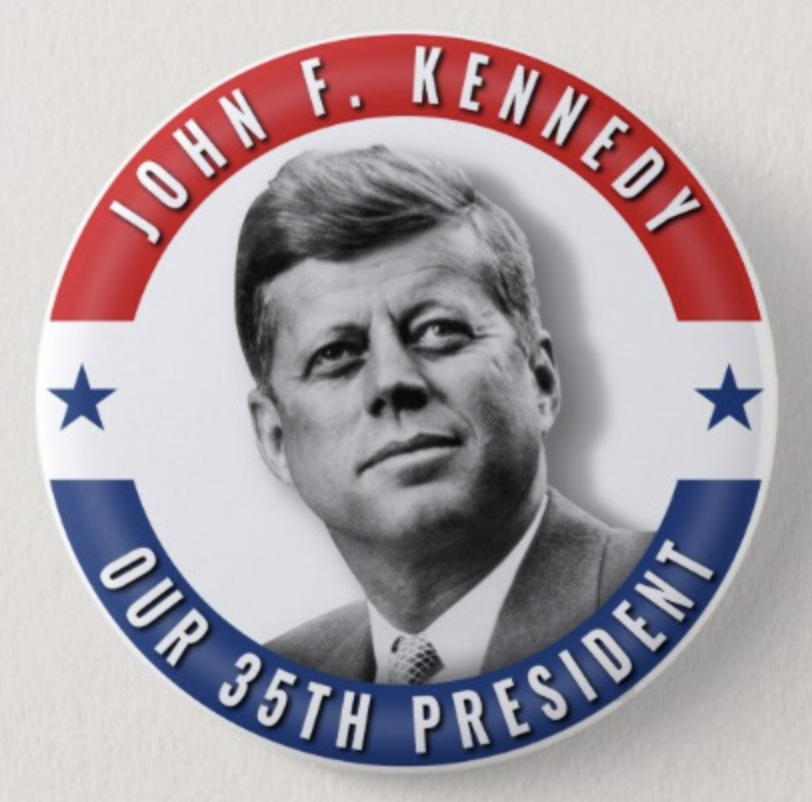
Q: Outside of travel, which marketing work impresses you and are there lessons that can be applied to tourism marketing?
A: Political advertising is operating at the level we need to aspire to in the DMO world, with the exception that we need to trade in facts, not lies, AND, never break our promises.
Q: Looking glass: What will the digital travel marketing landscape look like five years from now?
A: Audience segmentation and personalization will reach such a level that it will be next to difficult, if not impossible, to observe what a destination is doing, and how successful they are, from the outside.

Q: How can data drive better creative?
A: By asking the right questions. Comparing creatives executions by looking at metrics that don’t align to the objectives or the goals of the creative is worthless, but if you understand the goal and can set a metric, then data will guide you well.

